Overview of the Central and Peripheral Nervous Systems (Physiology)
1/29
There's no tags or description
Looks like no tags are added yet.
Name | Mastery | Learn | Test | Matching | Spaced |
|---|
No study sessions yet.
30 Terms
Ventricles
Cavities that produce and contain CSF.
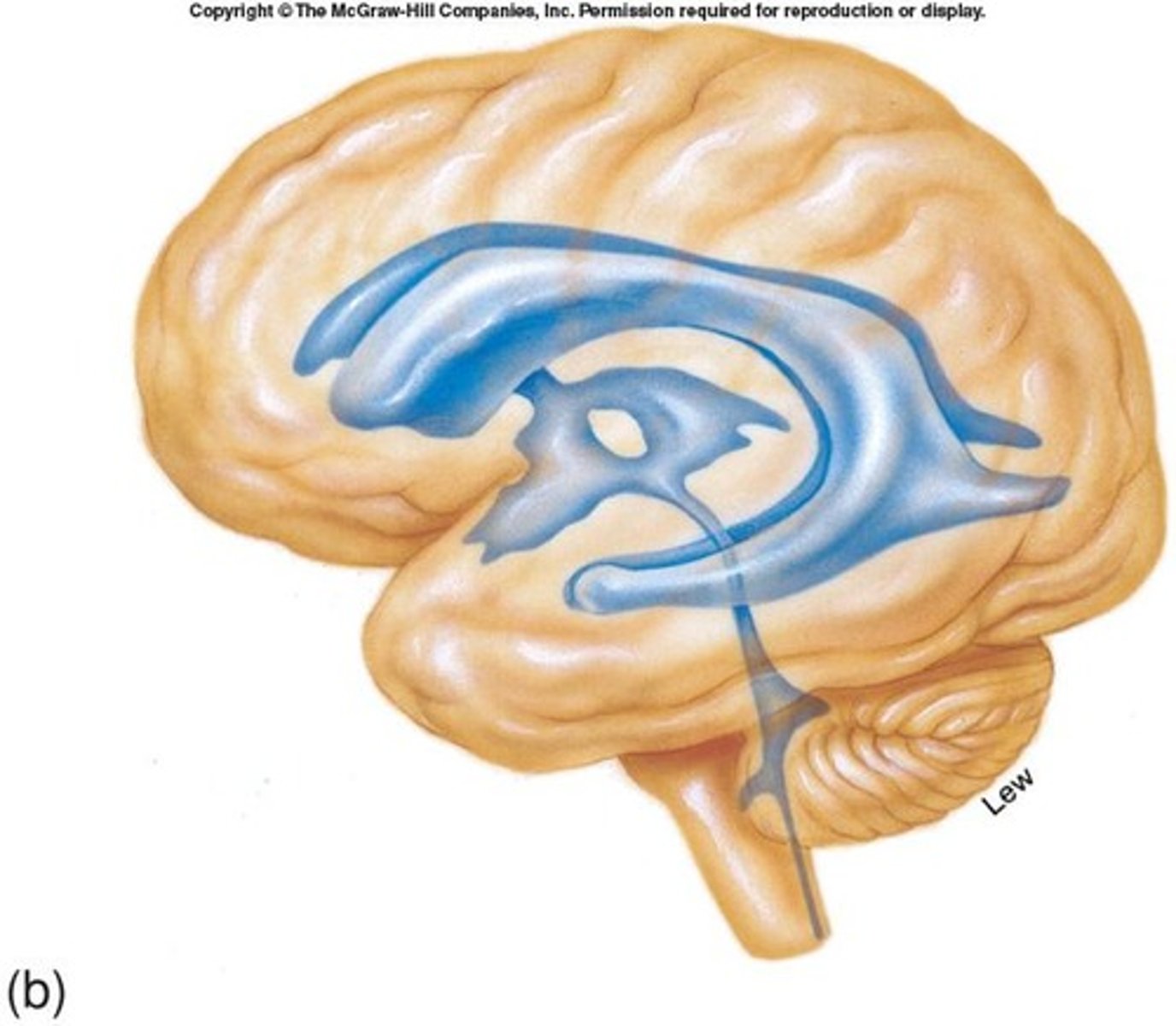
Cerebral Spinal Fluid (CSF)
Fluid bathing the brain, cushioning and nourishing.
Hydrocephalus
Condition of excess CSF causing increased ICP.
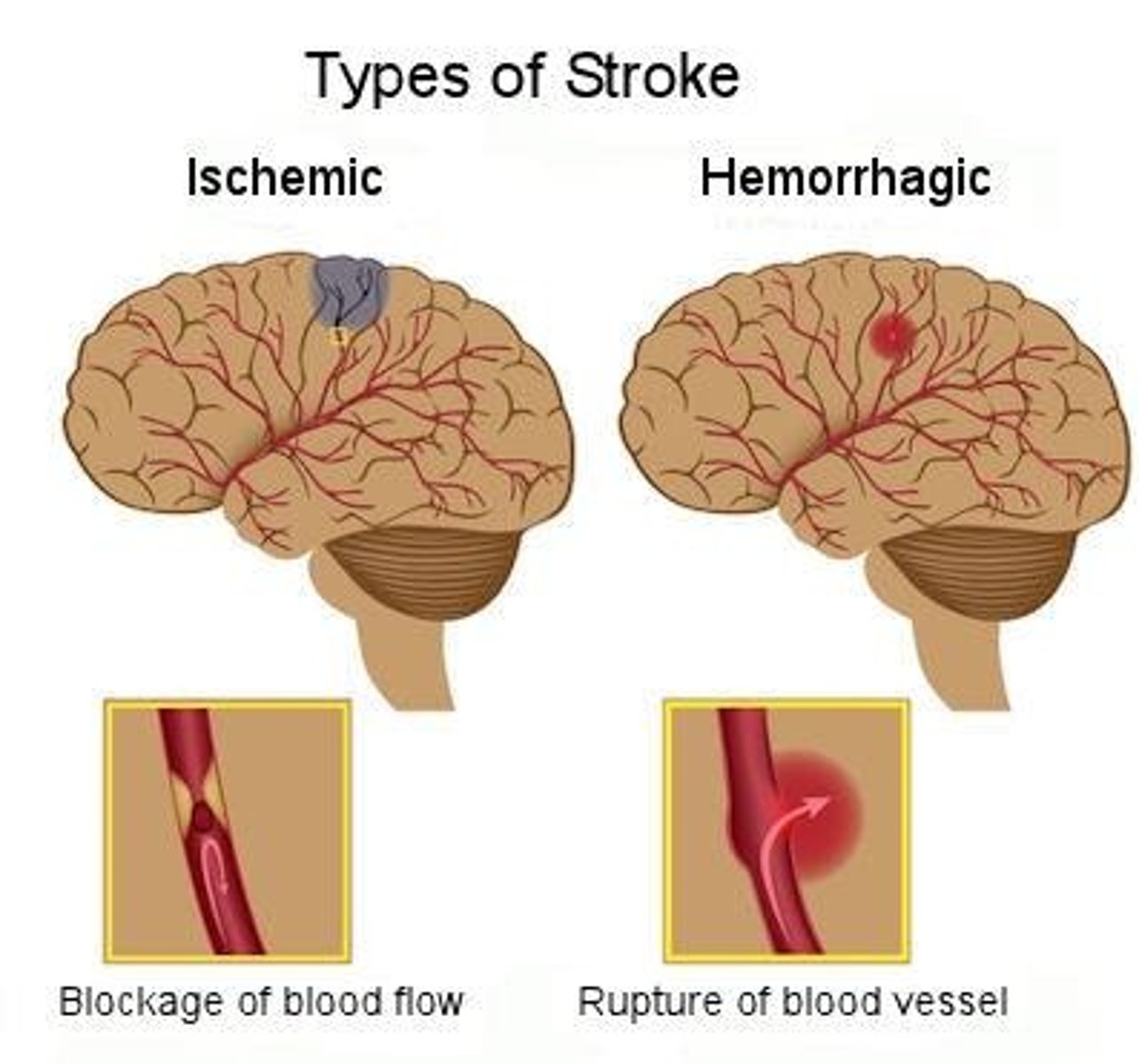
Hypoxia
Condition of low oxygen levels in the body.
Hypoglycemia
Condition of low blood sugar levels.
Electrolytes
Ions in solution essential for bodily functions.
Traumatic Brain Injury (TBI)
Injury to the brain from external force.
Ischemia
Restriction of blood supply to tissues.
Hemorrhage
Escape of blood from ruptured blood vessel.
Hematoma
Localized bleeding outside blood vessels.
Thrombus
Clot that forms and remains in place.
Embolus
Clot that travels through the bloodstream.
Aneurysm
Weak bulge in the wall of a blood vessel.
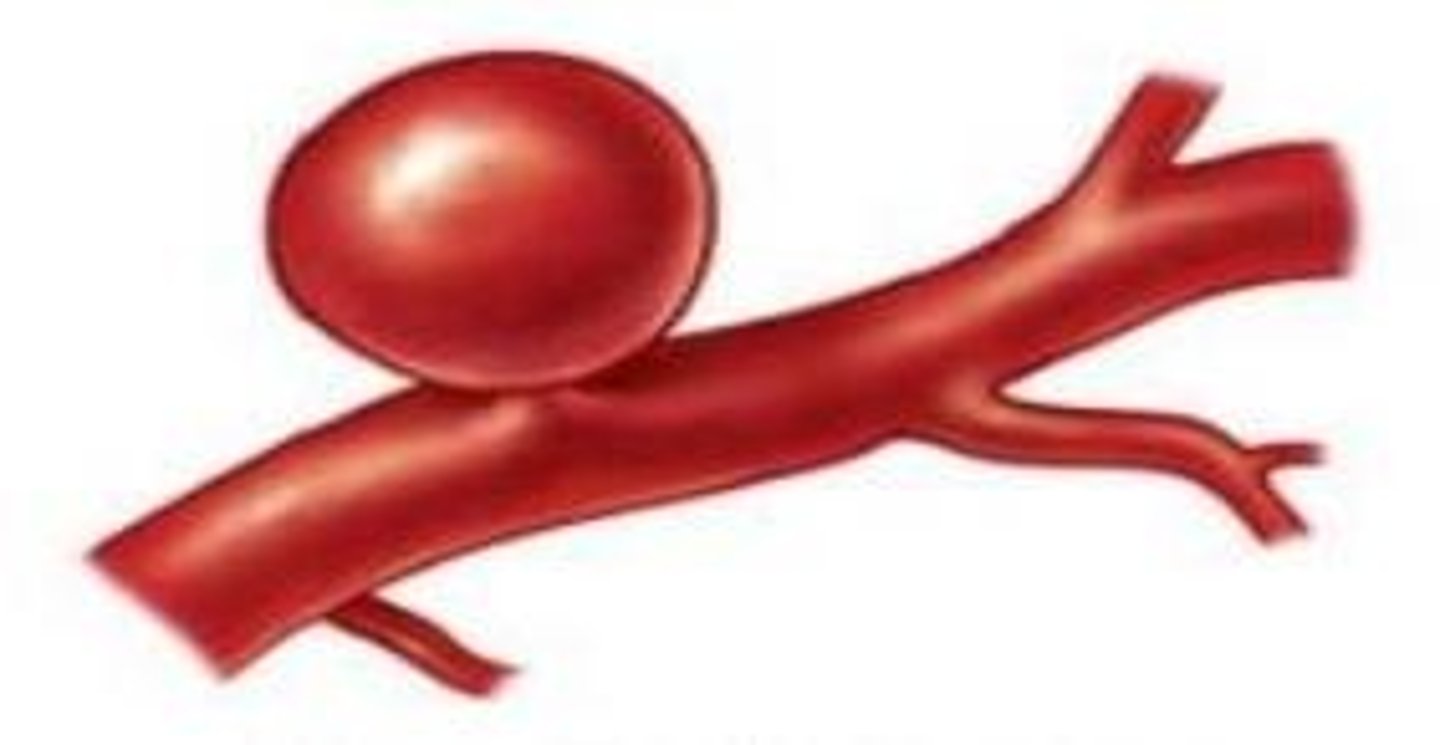
Transient Ischemic Attack (TIA)
Brief episode of neurological dysfunction, <5 min.
Corticospinal Tract
Descending tract controlling voluntary motor functions.
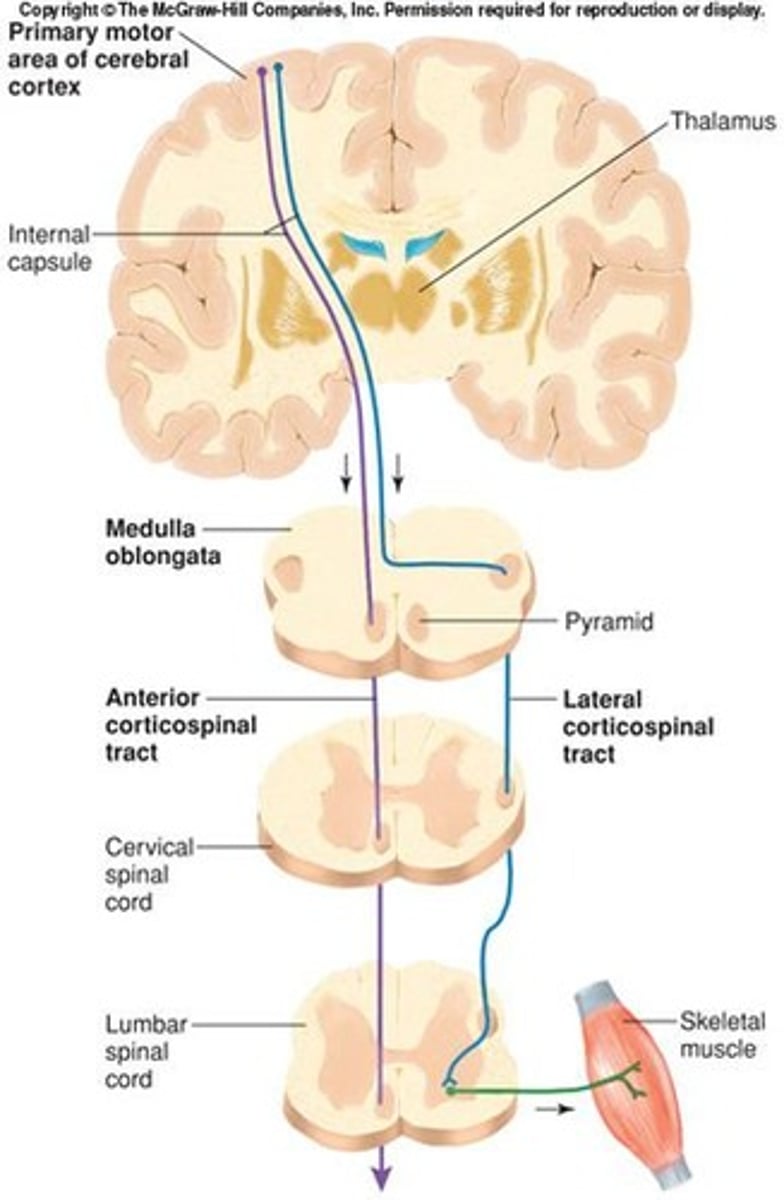
Amyotrophic Lateral Sclerosis (ALS)
Progressive neurodegenerative disease affecting motor neurons.
Dermatome
Skin area supplied by a single spinal nerve.
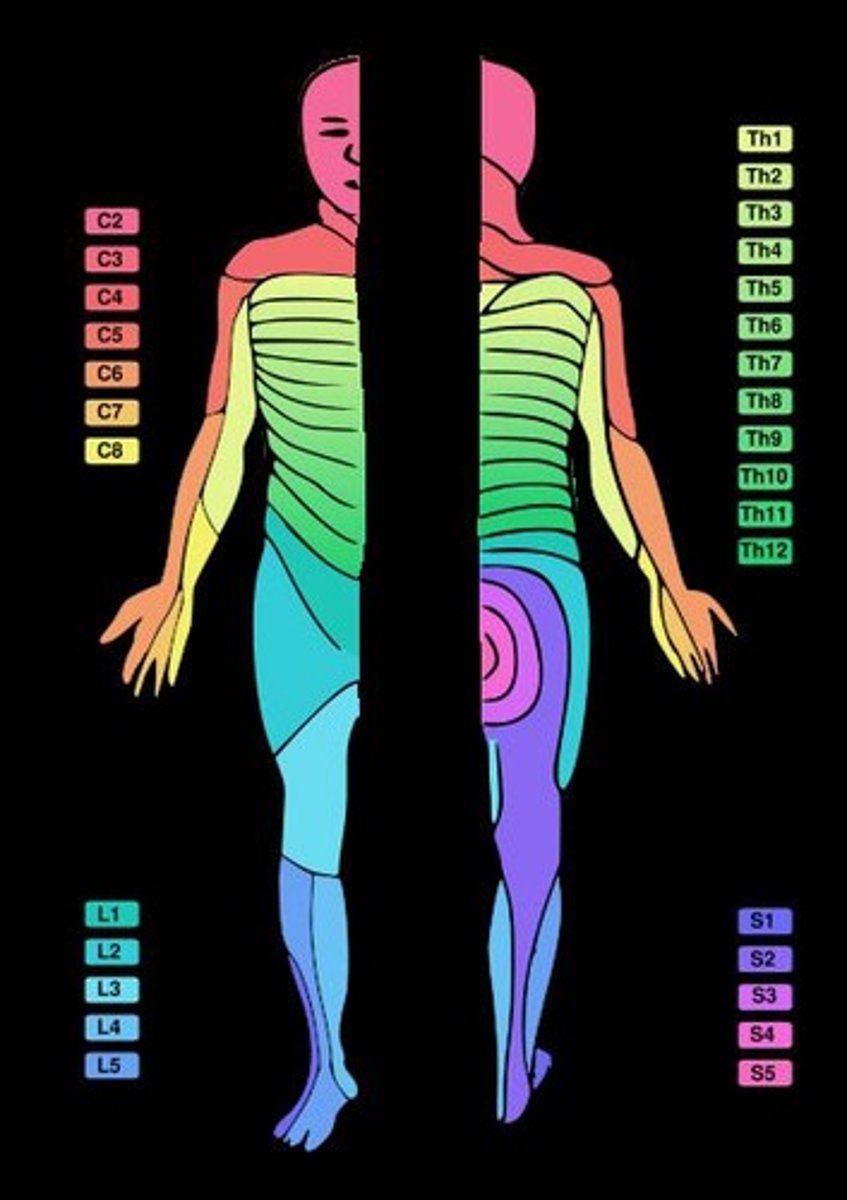
Myotome
Muscles innervated by a specific spinal segment.
Sciatic Nerve
Major nerve supplying the lower limb.
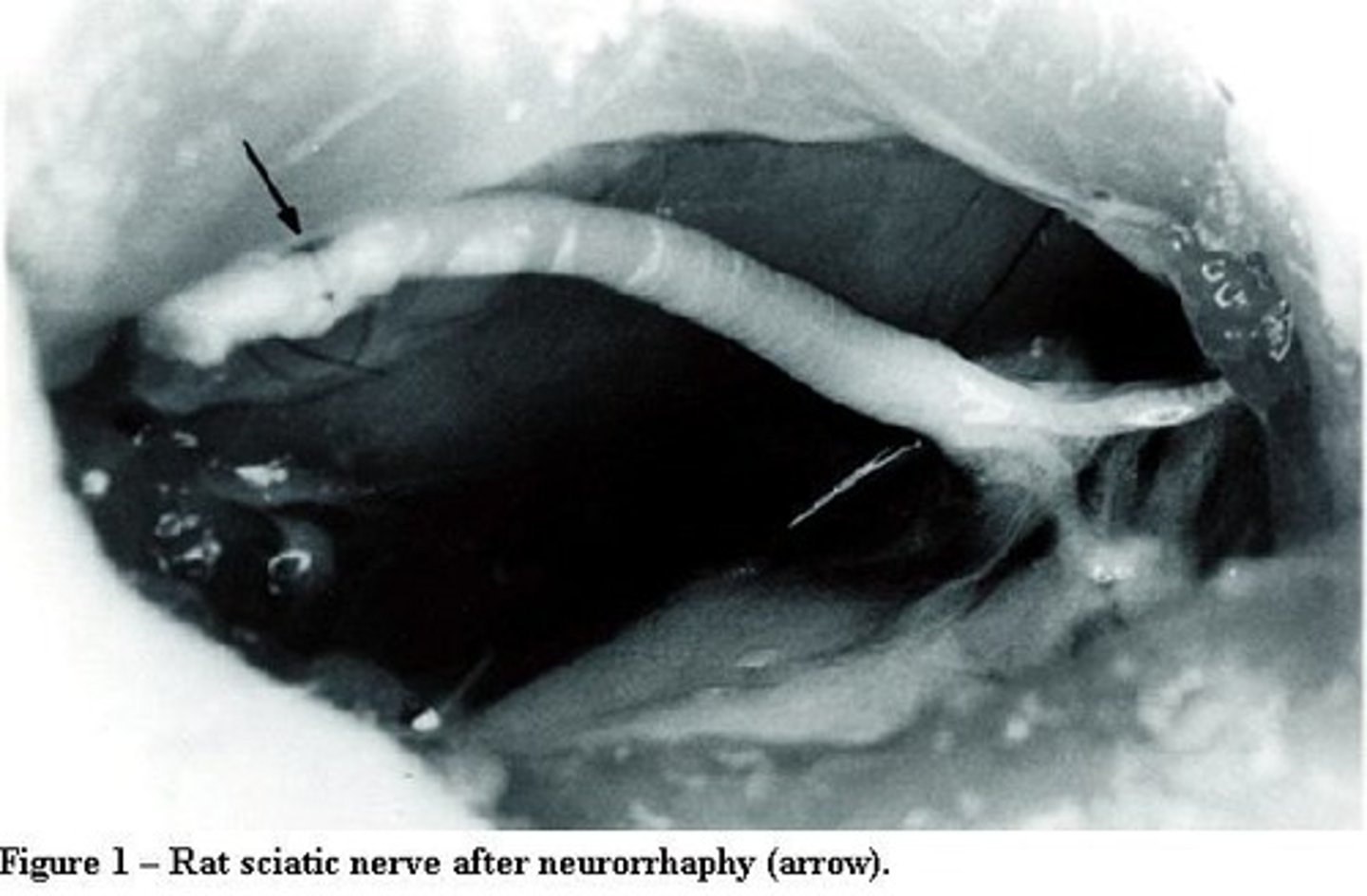
Cutaneous Innervation
Skin area supplied by a specific peripheral nerve.
Muscular Innervation
Muscles supplied by specific peripheral nerves.
Cerebral Cortex
Largest brain region, responsible for higher functions.
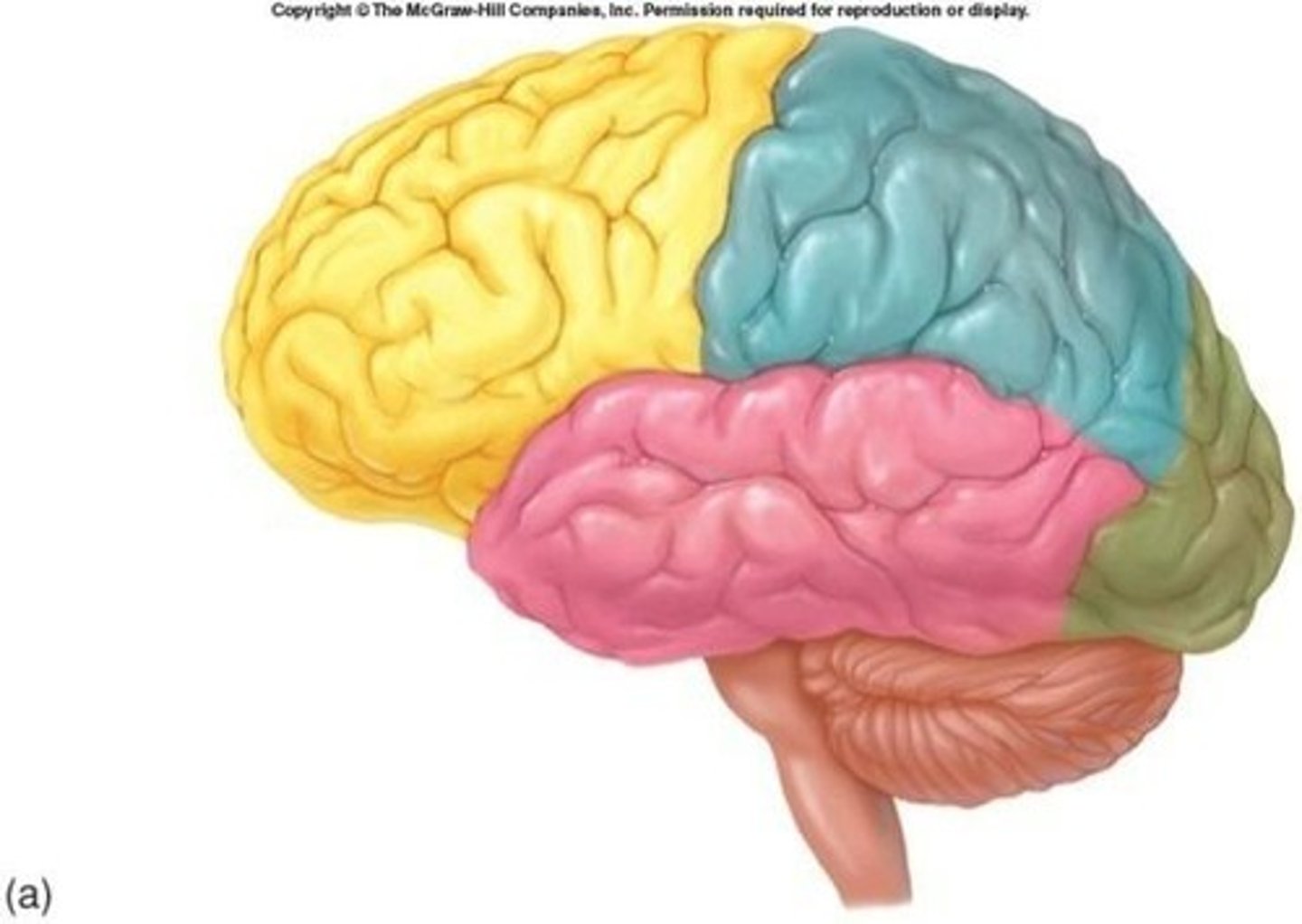
Basal Nuclei
Group of nuclei involved in motor control.
Thalamus
Relay center for sensory information to the cortex.
Hypothalamus
Regulates homeostasis, hunger, thirst, and emotions.
Pituitary Gland
Endocrine gland releasing hormones for body regulation.
Midbrain
Part of brainstem, involved in motor control.
Pons
Connects cerebellum to brainstem, regulates respiration.
Medulla Oblongata
Controls vital functions like heart rate and breathing.
Cerebellum
Coordinates movement and balance; affected by alcohol.